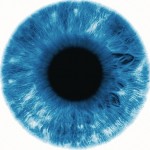
Studies have suggested that anti-psychotic medications comprise between 30–50% of all psychotropics prescribed for people with learning disabilities, often prescribed for people with challenging behaviours with no diagnosis of mental illness. Reviews of their use have suggested however that there is no strong evidence supporting the anti-aggressive properties of anti-psychotics. This study in Australia was [read the full story…]








